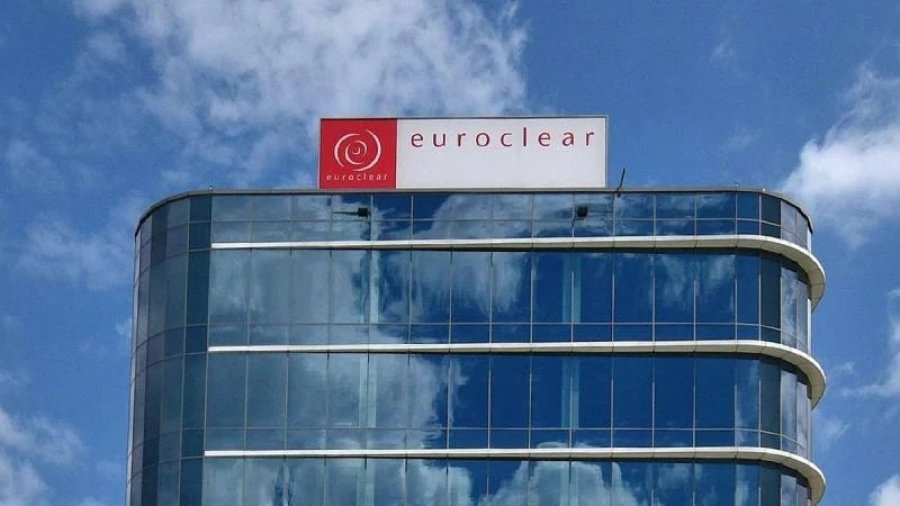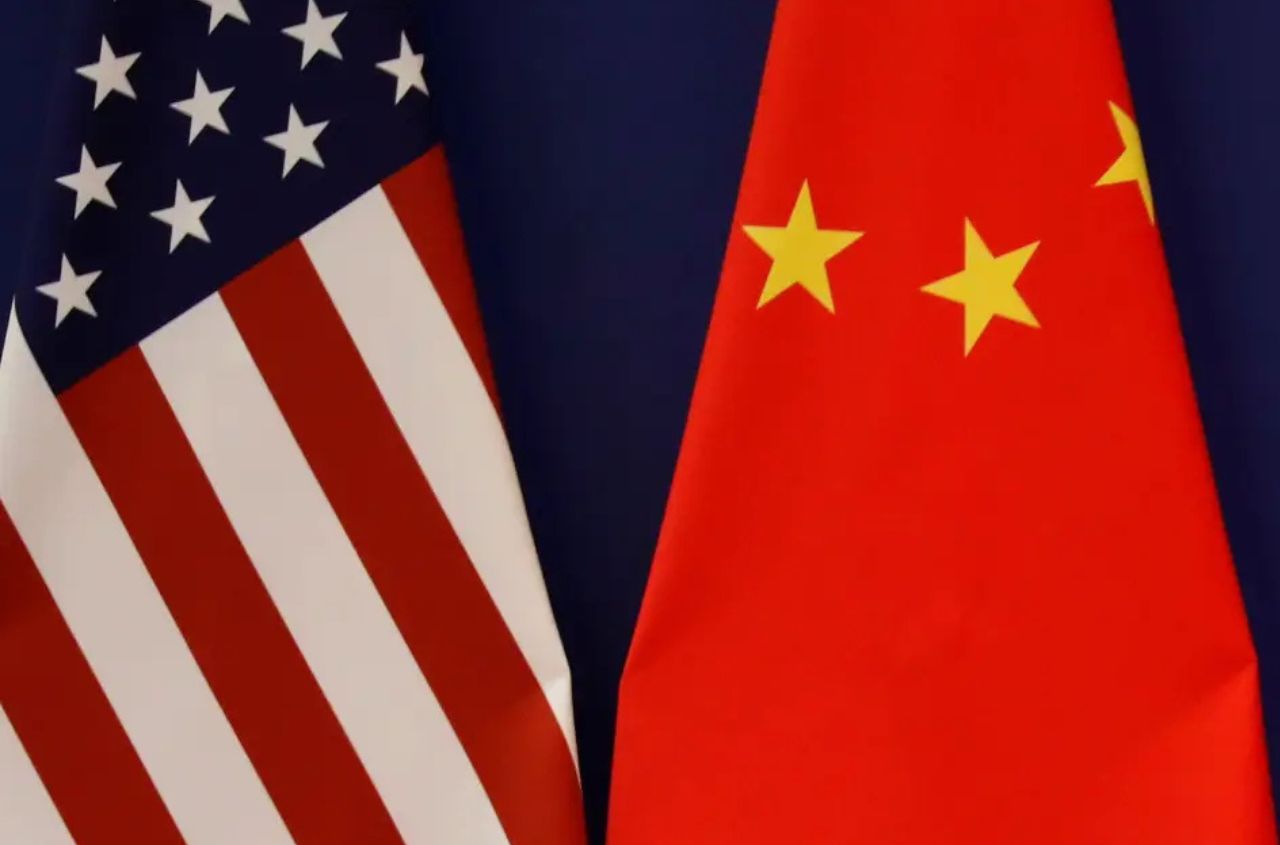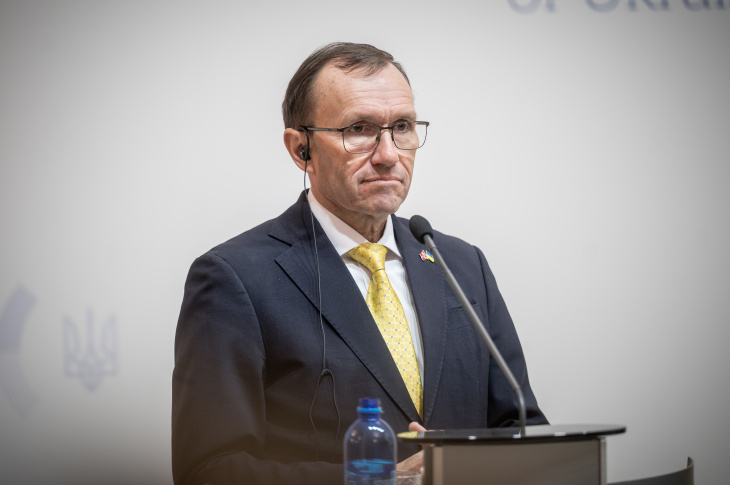Euroclear, the largest European depository where significant Russian assets are blocked, has issued a "practical ultimatum" to Israeli banks regarding citizens of the country holding Russian passports. Euroclear has proposed that banks isolate securities held in accounts of Russian immigrants, reportsThe Moscow Times.
"The sanction pressure from an unexpected source," writes Professor Evgeny Kogan from the Higher School of Economics, holding dual citizenship of Russia and Israel.
Alexey Kovalenko, managing partner at the Israeli law firm "Kovalenko and Partners," is also aware of Euroclear's demand.
"Indeed, there is currently a confrontation between Euroclear and Israeli banks. Euroclear insists that anyone with a Russian passport must isolate their securities. In response, banks argue that there is no need for this for those who are not tax residents of Russia but simply hold a Russian passport," said Kovalenko on his platforms.
Israeli banks, according to Kogan, insist that having Israeli citizenship is sufficient for clients of Russian origin, regardless of their tax residency, to freely own and dispose of their securities.
Euroclear sees it differently: if an Israeli citizen is a tax resident of their country and holds a Russian passport, their assets stored in Euroclear must be isolated and transferred to a separate account, from which the sale of securities is not possible.
This is a common practice: depositories do not disclose the ultimate owners of securities and, to avoid inadvertently servicing sanctioned clients, are willing to block any assets associated with Russia.
Euroclear only opens accounts for major banks and brokers, and they, in turn, serve end clients in their depositories. Euroclear does not recognize who is conducting a particular transaction; it only knows which professional market participants have completed the transaction. European depositories require banks and brokers to provide information about Russian clients and their assets or insist on segregating the accounts of Russians from others. For banks, the lack of such information can lead to the closure of accounts in Euroclear and possibly additional restrictions imposed on them.
Euroclear earned around 3 billion euros in the first three quarters of this year from Russian assets. Last year, it earned 350 million euros for the same period, according to FT.





















